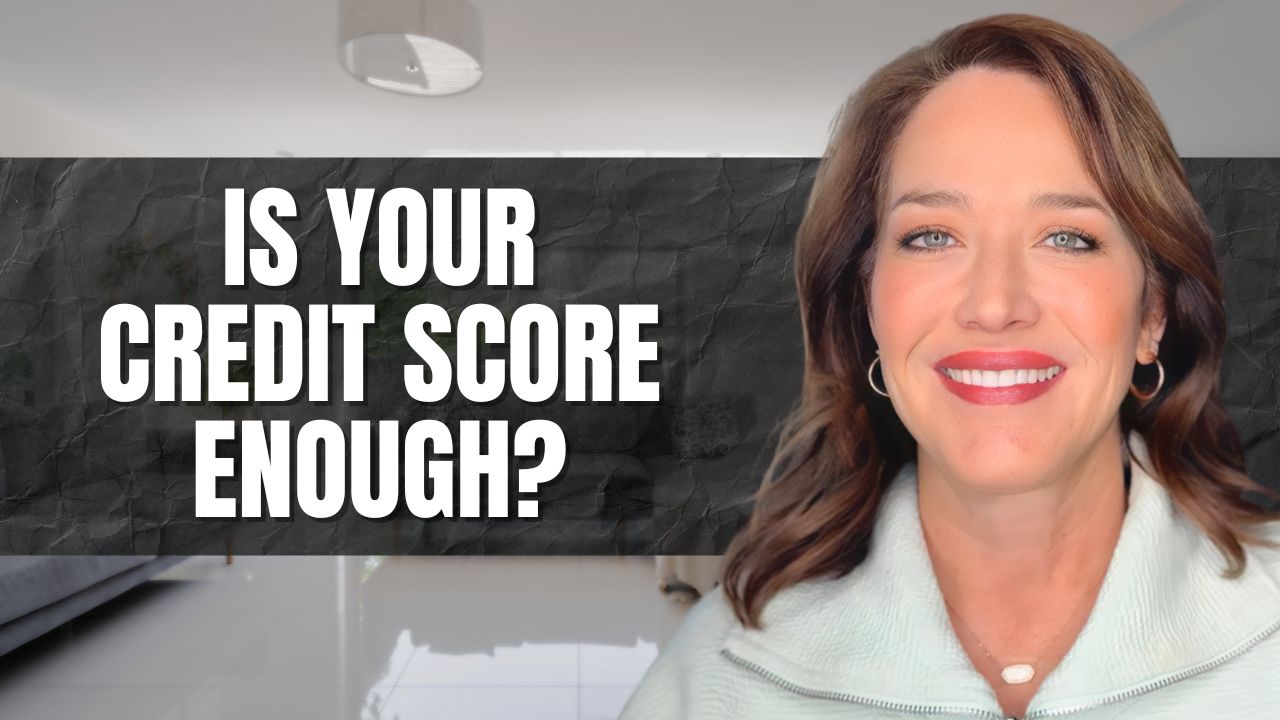Let’s Explore Your Selling Options. I’ll help you sell your home at the price and terms you want. Free Selling Strategy Call
Earnest money is what binds a contract. When a buyer makes an offer on a house, sellers like to see earnest money. We encourage our clients to put down at least 1% of the purchase price as earnest money so the seller knows that you’re serious about the house and reaching closing.
Earnest money is often refundable, but it depends on the situation. Here are some ways that you would get your earnest money back:
1. Financing contingency. If the purchase of the home is subject to financing and you don’t get your financing, the earnest money is refundable.
2. Home inspection. If the home inspection identifies issues and you’re not able to negotiate repairs with the seller, you may also receive a refund of your earnest money deposit, assuming that you stay within the time frame established in the contract.
3. Appraisal. If the house doesn’t appraise and you have an appraisal contingency in your offer, you may receive a refund of the earnest money if you and the seller are not able to agree on new terms.
If you suddenly walk away from the transaction because you’ve changed your mind, you run the risk of losing your earnest money. Additionally, you open yourself up to possible litigation from the seller. You should be very serious about the house that you’re going to purchase. You may not receive a full refund of your earnest money deposit if you miss the closing date.
If you have other questions about real estate, I’d love to answer them. Don’t hesitate to send me a text or an email. I look forward to hearing from you.
-
Let’s Explore Your Selling Options. I’ll help you sell your home at the price and terms you want. Free Selling Strategy Call
-
What’s Your Home Worth?. Are you thinking of selling your home or interested in learning about home prices in your neighborhood? We can help you. Free Home Value Report
-
Looking for a Home?. Search the entire MLS for your home. Search the MLS







